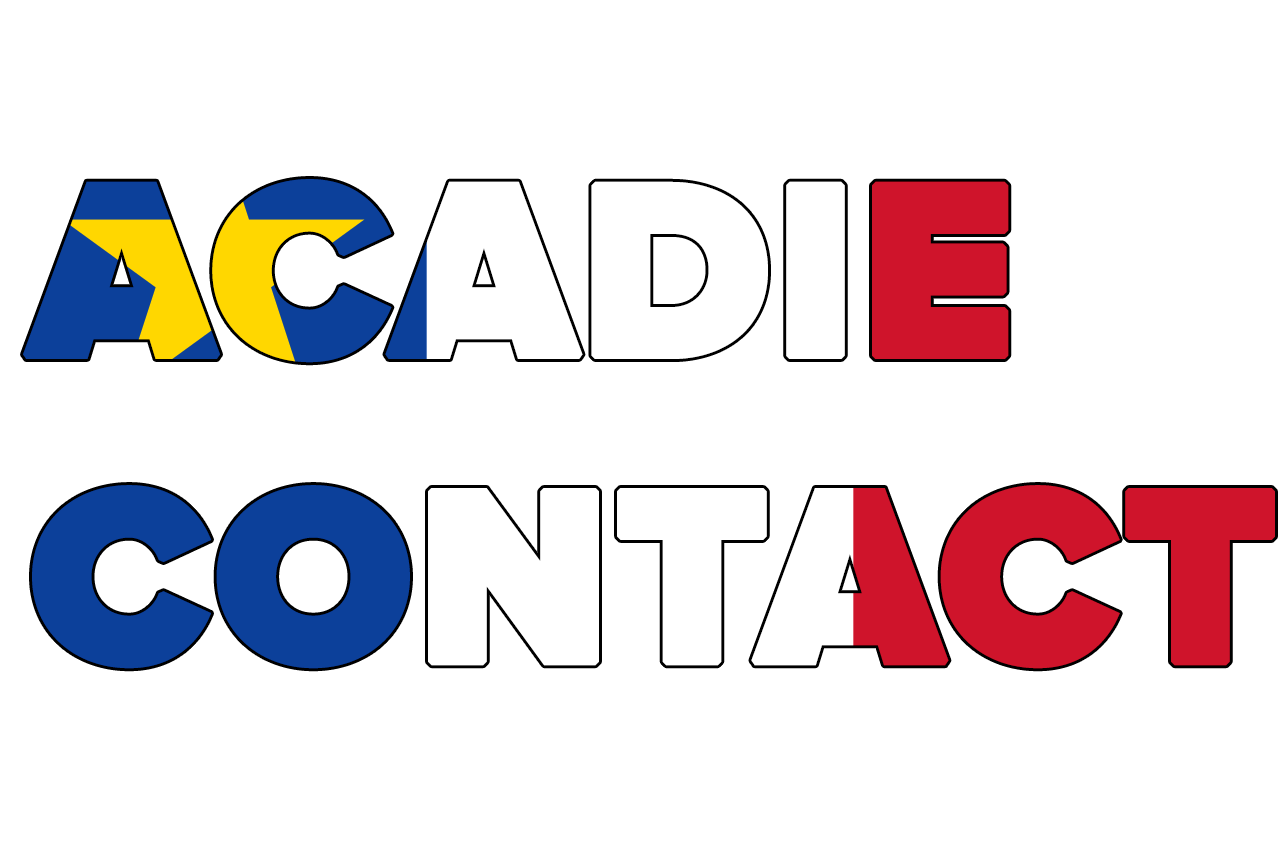Community, Contact and Change in the Acadian French Diaspora
This new research project centres on language variation and change for eight rural Acadian French communities with overlapping histories of settlement and dialect contact. We add to our prior set of five communities (Grosses Coques and Chéticamp, Nova Scotia; the Iles de la Madeleine, Québec; Stephenville and L’Anse-à-Canards, Newfoundland) the following communities: Abram Village and Saint-Louis, Prince Edward Island; and Isle Madame, Nova Scotia.
Our prior project was concerned with broadly based histories of dialect contact and sociodemographic factors influencing language use. This work made important methodological advancements and addressed several of the theoretical questions we had posed. However, it also raised new questions which lead us to broaden the set of communities under study, to determine microsocial speaker groupings interior to individual communities, and to narrow our focus to the level of individual speakers. Like our prior research, it is based primarily on oral language data obtained from archival recordings and sociolinguistic interviews involving speakers born in the late 19th up to the mid 20th centuries.
In this new phase of our research, we address the following questions: (1) How do finely grained patterns of dialect contact result in similarities and differences across the communities under study? (2) What social groupings best capture the internal structure of individual communities? (3) How are the sociolinguistic patterns found in individual communities linked to larger community groupings, e.g., the set of Gulf Community? (4) What factors account for particular indexical relationships linking linguistic features and social meanings and how may such linkages lead to linguistic change? (5) What kinds of factors promote dialect stasis, dialect levelling and dialect differentiation? (6) What can be learned from the study of the individual speaker and their sense of identity, place, and belonging? The research will bring to light new data for lesser studied varieties of Acadian French, enrich our understanding of “le fait français” in Canada, and provide new insights into matters bearing on language, contact, identity, and place for small rural communities.
The findings will engage researchers in a variety of linguistic subdisciplines as well as in disciplines such as ethnography, social history and sociology. Much of the data has been made available through collaborations with museums, archives and cultural centers and through the participation of a wide range of speakers who have participated in sociolinguistic interviews. As well as addressing our results to academic audiences, we will continue to engage in outreach activities aimed at such community stakeholders and at other members of the Acadian diaspora.
This programme of research is funded by a SSHRC Insight Grant, 2021–2025.
Principal Investigator: Ruth King. Co-Investigators: Philip Comeau and Carmen L. LeBlanc.

